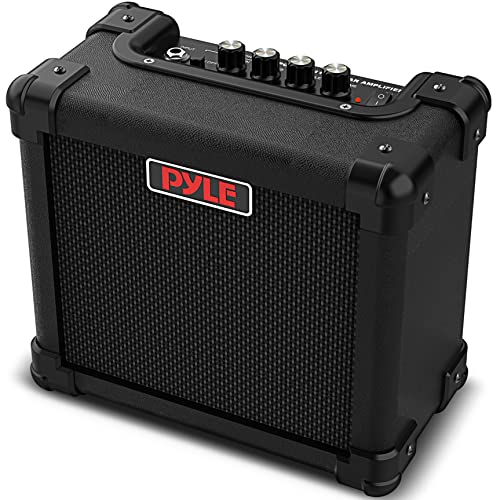Xqzdust said:The point is my ears at gig time are not neccessarily rested. I've been up all day. It's not a matter of "getting used to" a tone that is not a good tone. It's more a matter of your ears processing the same tone in the manner in which you are accustomed. I've got really nice old Zildjian cymbals, ain't tradin' for new ones any time soon, and my point is they don't change from one night to the next. You make some good points about the number of people in a club ( humans are great sound deadeners) and yes, AC voltage will vary from minute to minute at any outlet you plug into but, if your triaxis sounded good except on "off nights" what do you think it was doing differently on those "off nights"?
Well, my point is that, perhaps, my Triaxis never sounded that great on the "on" nights and, since the interface didn't encourage a lot of tweaking while playing, my ears just got accustomed to the problems. The only way to be sure would be to go back to recordings made on those nights where they exist. When I have had the occasion to do just that, I often find that the tone was not as bad as I remember but was still not what I hear in my head as my benchmark tone. However, on rare occasion I'm pleasantly surprised at how much better things sound that I remember so your theory holds water for those nights. My problem with my tone on those nights was probably more emotional or mental or just not feeling in the zone or what-have-you.
None the less, these days I tend to do much more tweaking at the start of the night when my ears are still capable of distinguishing great tone from okay tone. And I feel that I've become much better at pin-pionting and mitigating the things I don't like as the variables change over the course of a night. This way I feel I can come closer to the tone in my head instead of just accepting what my amp is doing at any, given moment and waiting for that sound to grow on me. I would love to find a rig that was truly set and forget, but I've never found one.
And I didn't really expect you to sell your cymbals
Wayne



















